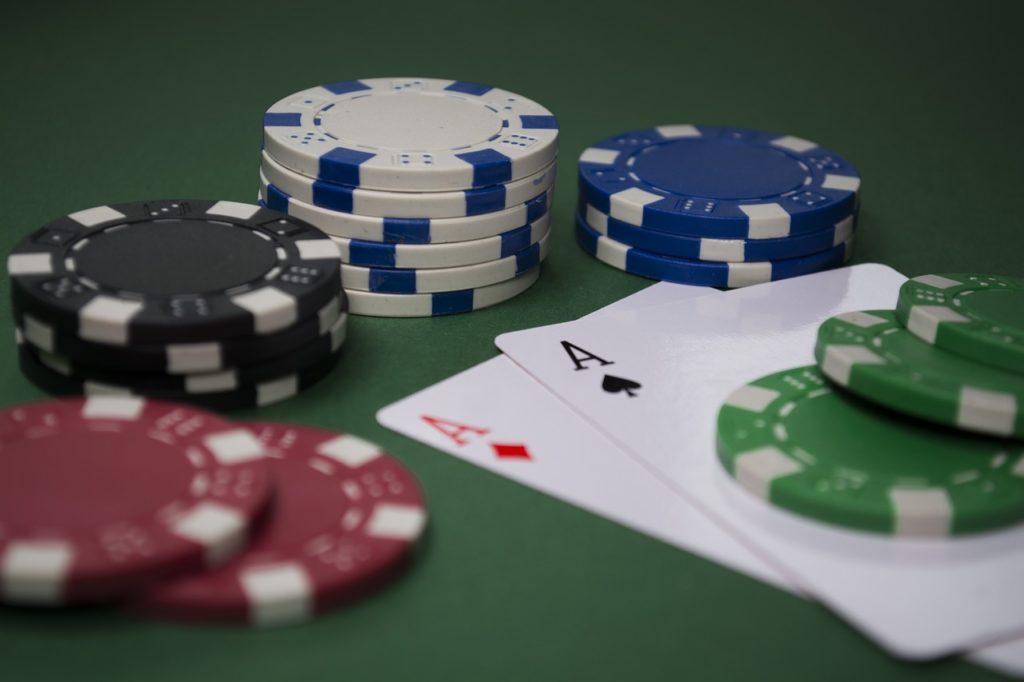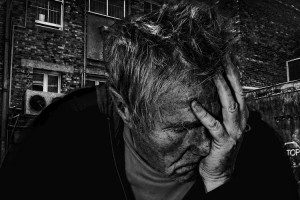
The big score! Jackpot! Euphoria! Then the crash. The reality. There are many potential habits and consequences of gambling. The seemingly exciting, adventurous and lucrative event of gambling can lead you into places you had never imagined. Here is an overview of the key habits and consequences that could impact you as a result of unhealthy gambling.
Addiction and changes in the brain’s reward pathway
Anything that spikes our dopamine output, giving us a rush and an experience of euphoria has the potential to be addictive. Gambling includes a lot of anticipation, expectation and anxiety. This combination has a big effect on our brains and how they interpret our situation.
The brain remembers exciting events and searches for them again. As the brain adjusts to the higher levels of dopamine that gambling produces it becomes less sensitive to dopamine.
This is felt as normal activities feeling unsatisfying and needing different or increased gambling to create feelings of satisfaction or joy. The reward pathway in the brain is altered and eventually the ability to control behaviors is diminished.
Addiction often creates frustration, pain and loss of self-esteem.
Stealing and financial concerns
Compulsive or addictive gambling can often generate financial difficulties. The industry is built on more people loosing than winning money. Gamblers have to fund their activities and this can generate heavy financial burdens.
It isn’t uncommon for gambling addicts to have large, unmanageable debt. When this is the case, some resort to illegal means to finance their gambling, such as stealing, tax evasion, fraud and more. An addiction or compulsion that uses money has a large potential to negatively effect personal or family finances.
Lying
When behaviors become uncontrollable it is common to lie to cover it up. To avoid shame, rebuke, or alienation, lying may become inevitable. Lying to oneself (denial) about the seriousness or legality of activities can proceed lying to others and make gambling become very isolating.
Sleep problems
 When situational problems and financial concerns increase, it is common to have increased anxiety, which generates cortisol in the body.
When situational problems and financial concerns increase, it is common to have increased anxiety, which generates cortisol in the body.
Many people who struggle with gambling have elevated levels of anxiety and cortisol that make sleeping difficult. Sleep deprivation can then lead to less emotional resilience, reduced executive functioning and depressed mood.
Sleep patterns may also be affected by compulsive behavior—staying up late to gamble or engage in other enabling behaviors. This can generate further problems with isolation and social engagement.
Substance abuse
It is hard for us to manage anxiety and stress in this fast-passed culture. Many people turn to substances to help them sleep, rest, find fulfillment, or numb pain. Gambling is likely to increase the need to manage difficult areas of life and increase your risk for substance abuse.
Addictions can also co-occur. In this instance gambling may lead to other behavioral or substance addictions. A brain that has had its reward pathways “rewired” or dopamine levels altered is easily captivated by other similar stimuli. Trying to reduce problem gambling can also leave you susceptible to “replacement addictions” that may take over the function gambling served in altering mood or modulating stress.
Job loss
Our ability to make a living may be impaired as attention is increasingly given to gambling and its enabling behaviors. Job impacts may start with distractibility and escalate right through criminal behavior, resulting in job loss and difficulty attaining a new one.
Relational breakdown
Many of the items mentioned above can have adverse affects on relationships. Sure, gambling can be a social and enjoyable event, yet it may ultimately isolate people more. The consuming nature of the habits and consequences mentioned above may push other people away or make you less interested in them altogether.
Depression
 Whilst gambling may initially serve to provide emotional boosts in a balanced life, this could migrate towards gambling providing gulps of relief in a bleak and frustrating life style.
Whilst gambling may initially serve to provide emotional boosts in a balanced life, this could migrate towards gambling providing gulps of relief in a bleak and frustrating life style.
The effects on the brain, relationships and living situations describe above can all meld together into a depressive storm.
It is important to recognize how difficult it is to draw a straight line between one act of gambling and negative consequences.
Yet, it is also important to pay attention to how quickly multiple negative experiences can overlap, cause distress and lead to an unmanageable situation.
Next time you buy a lottery ticket, play the slots, bet online, or have a night at the races, do it wisely, be informed and do it with others.
Importantly, if you find yourself experiencing any of the habits or consequences above, qualified therapeutic help is available. Recovery is possible and you don’t have to do it alone.
 About the author: Written by Paul Loosemore, MA PLPC. Paul works as a mental health counselor, and consults with those who wish to recover from Sexual Addiction—He is the founder of www.stopsexualaddiction.com.
About the author: Written by Paul Loosemore, MA PLPC. Paul works as a mental health counselor, and consults with those who wish to recover from Sexual Addiction—He is the founder of www.stopsexualaddiction.com.
The opinions and views of our guest contributors are shared to provide a broad perspective of addictions. These are not necessarily the views of Addiction Hope, but an effort to offer discussion of various issues by different concerned individuals.
We at Addiction Hope understand that addictions result from a combination of environmental and genetic factors. If you or a loved one are suffering from an addiction, please know that there is hope for you, and seek immediate professional help.
Reviewed By: Jacquelyn Ekern, MS, LPC on January 31, 2016
Published on AddictionHope.com
